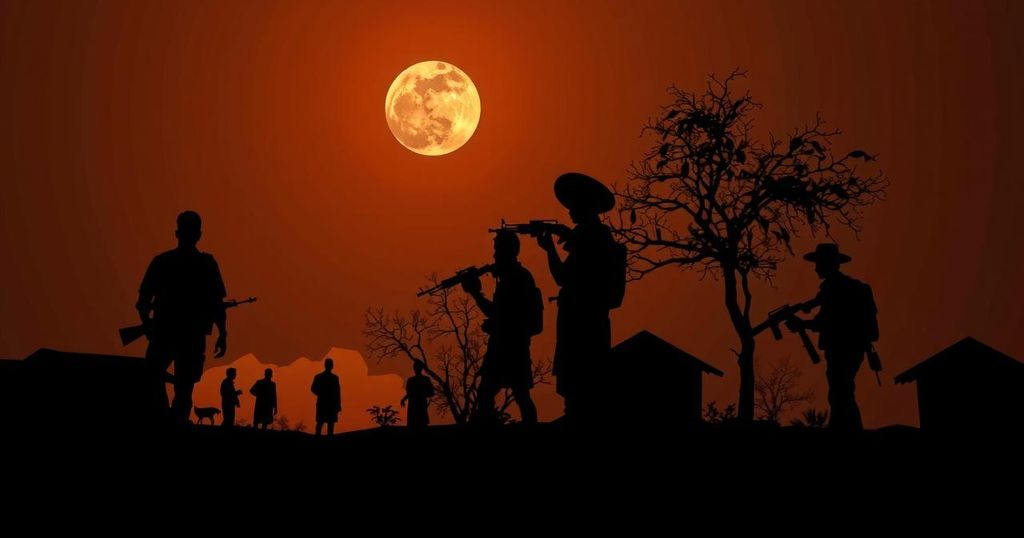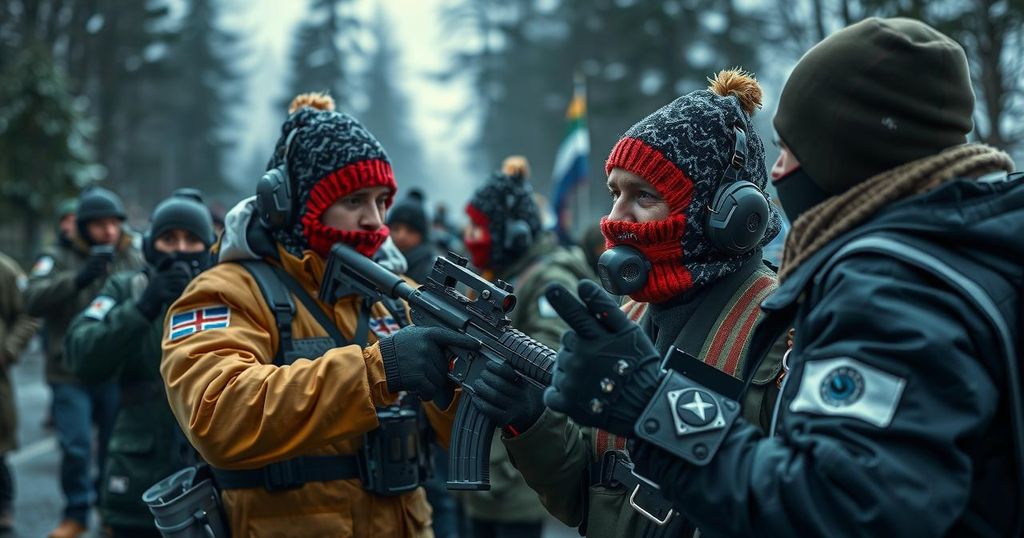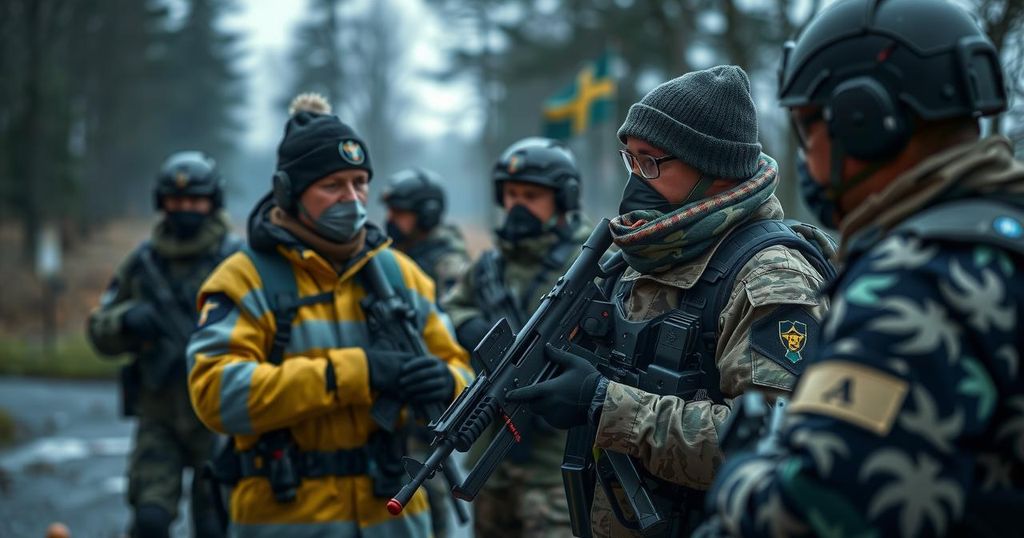Assessing the UAE’s Involvement in the Sudanese Conflict: A Reflection on Regional Dynamics and Humanitarian Needs
The recent escalation of tensions between Sudan and the United Arab Emirates (UAE) has raised critical questions regarding the UAE’s involvement in the ongoing conflict in Sudan. Following the Sudanese government’s condemnation of the UAE’s proposal for the delivery of humanitarian aid across conflict zones without prior approval, the situation has become increasingly complex. The UAE’s appeal to the United Nations Security Council (UNSC) for authorization to initiate cross-border aid deliveries has been met with fierce resistance from Sudan, which accuses its Gulf neighbor of overreaching its authority and exacerbating the conflict.
Sudanese officials have accused the UAE of supplying arms to the Rapid Support Forces (RSF), a paramilitary group involved in severe human rights violations in regions such as Darfur. The Sudanese government asserts that it possesses substantial evidence linking the UAE to these military supplies, which have been described as pivotal in intensifying the civil war. In contrast, the UAE has categorically rejected these allegations, dismissing them as unfounded and absurd.
Recent discoveries by the UNSC, including documentation containing images of Emirati passports from the city of Omdurman, raise further questions about the UAE’s military presence in Sudan. This revelation contradicts prior denials from Emirati officials and suggests a deeper level of engagement than previously acknowledged. A notable dialogue between Sudan’s army chief, Abdel Fattah al-Burhan, and UAE President Mohammed Bin Zayed, facilitated by Ethiopian Prime Minister Abiy Ahmed, has been interpreted by some as a potential diplomatic outreach, although the likelihood of a constructive outcome appears dim amid the UAE’s controversial aid proposal.
The conflict’s roots can be traced back to the overthrow of dictator Omar al-Bashir in 2019, resulting in a tumultuous power-sharing agreement that collapsed in October 2021 when General Burhan aligned with RSF commander Mohamed Hamdan Dagalo (Hemedti). The power struggle ultimately resulted in a violent confrontation starting in April 2023, which has now led to a humanitarian crisis affecting millions in Sudan. The UN estimates that nearly half of Sudan’s population—approximately 25 million individuals—are in dire need of humanitarian assistance, with over 10 million displaced by the ongoing violence.
Several political analysts emphasize that the UAE’s strategic interests in Sudan align with its broader geopolitical objectives in the region, which include hindering democratic movements and consolidating its economic influence. Allegations have surfaced regarding the UAE’s logistical support for the RSF through clandestine networks across various African nations, purportedly presenting military shipments as humanitarian aid. Hemedti’s existing connections with the UAE, including the procurement of military vehicles and financial backing, further underscore the Emirati influence over the RSF.
Despite the tumultuous backdrop, some factions within Sudan express cautious optimism toward the recent communications between Burhan and Bin Zayed. Political voices advocating for peace argue that moving away from militaristic strategies may facilitate a transition to a more stable governance framework. Nevertheless, skepticism remains prevalent among analysts regarding the sincerity of the UAE’s intentions, particularly given the historical context of military and financial support extended to factions like the RSF.
In conclusion, while regional dynamics may shift in light of recent developments, the UAE’s role in Sudan raises profound questions about its impact on the peace process and the future of governance in the country. The looming threat of intensified conflict persists if any agreements reached merely perpetuate existing power structures rather than promote a genuine pathway to democratic governance. The path forward requires cautious engagement and a commitment to cease hostilities, ensuring that all parties prioritize the humanitarian needs of Sudan’s populace rather than their geopolitical ambitions.








Post Comment